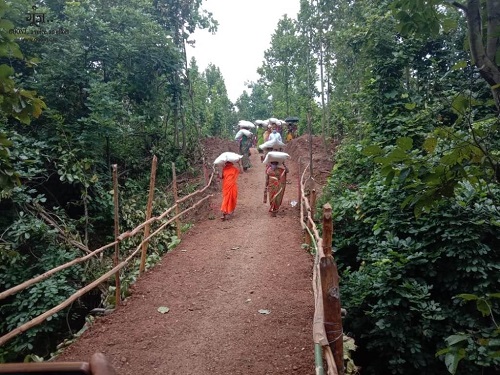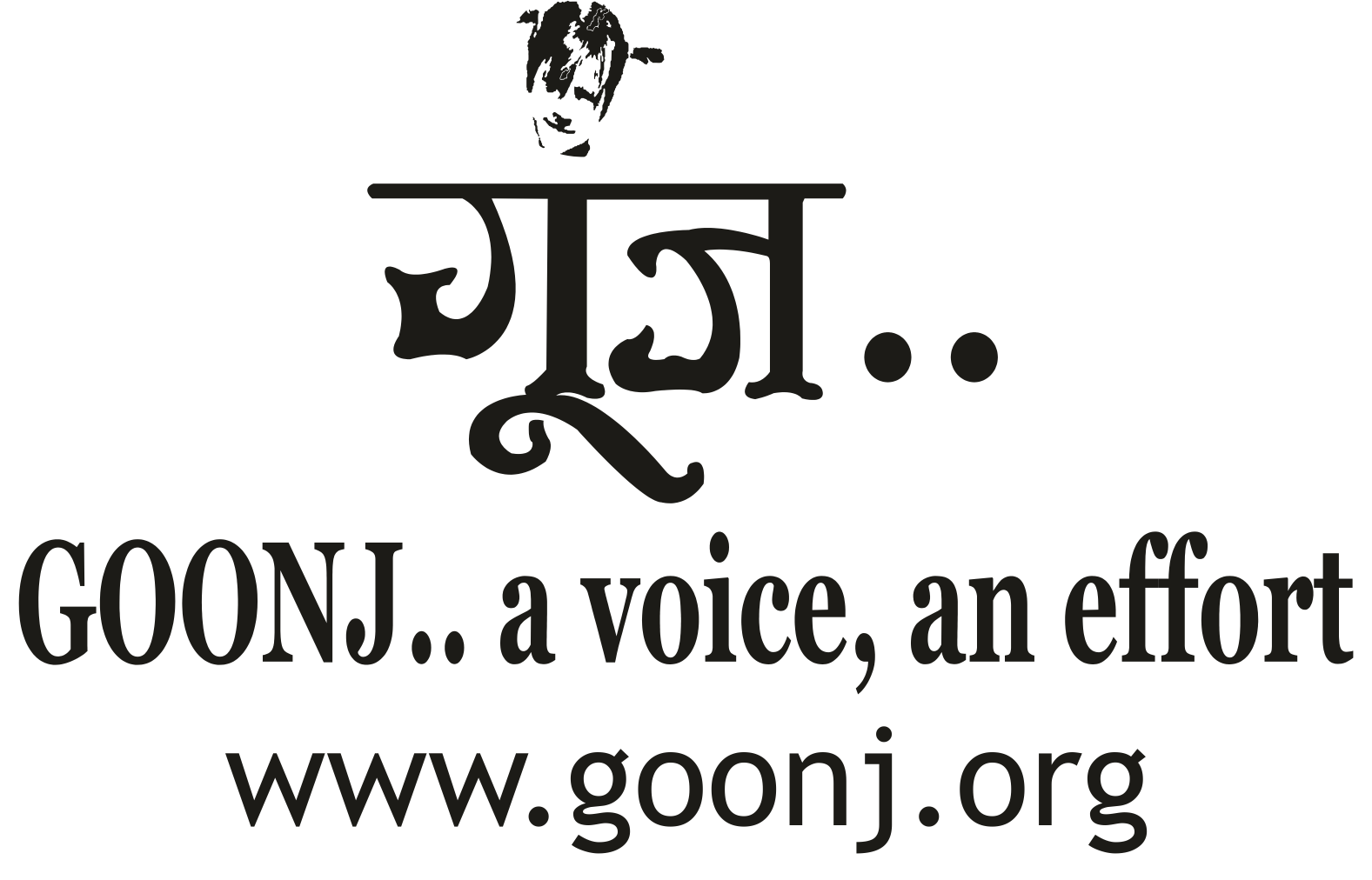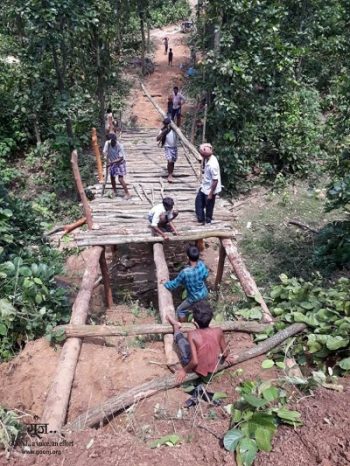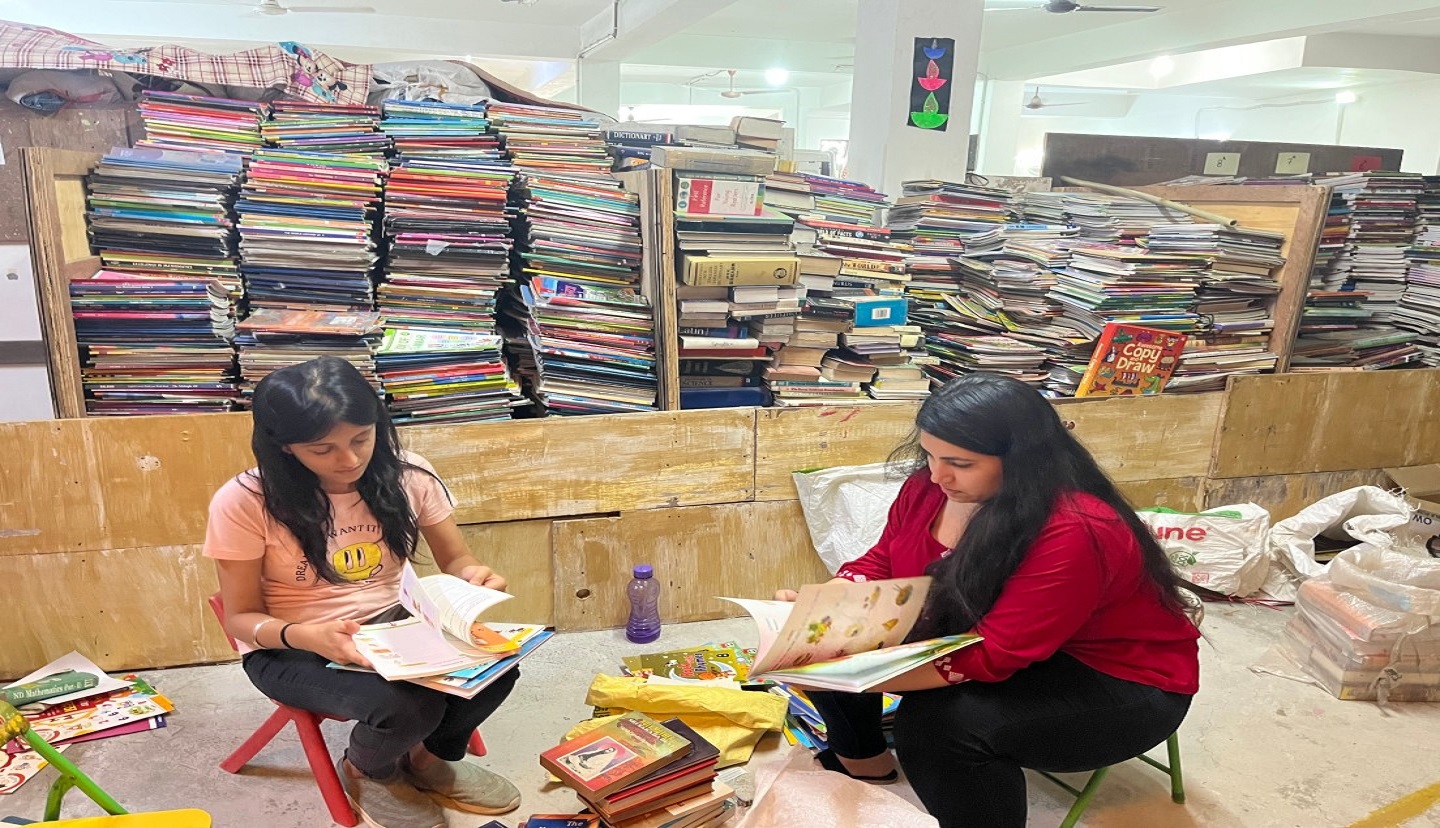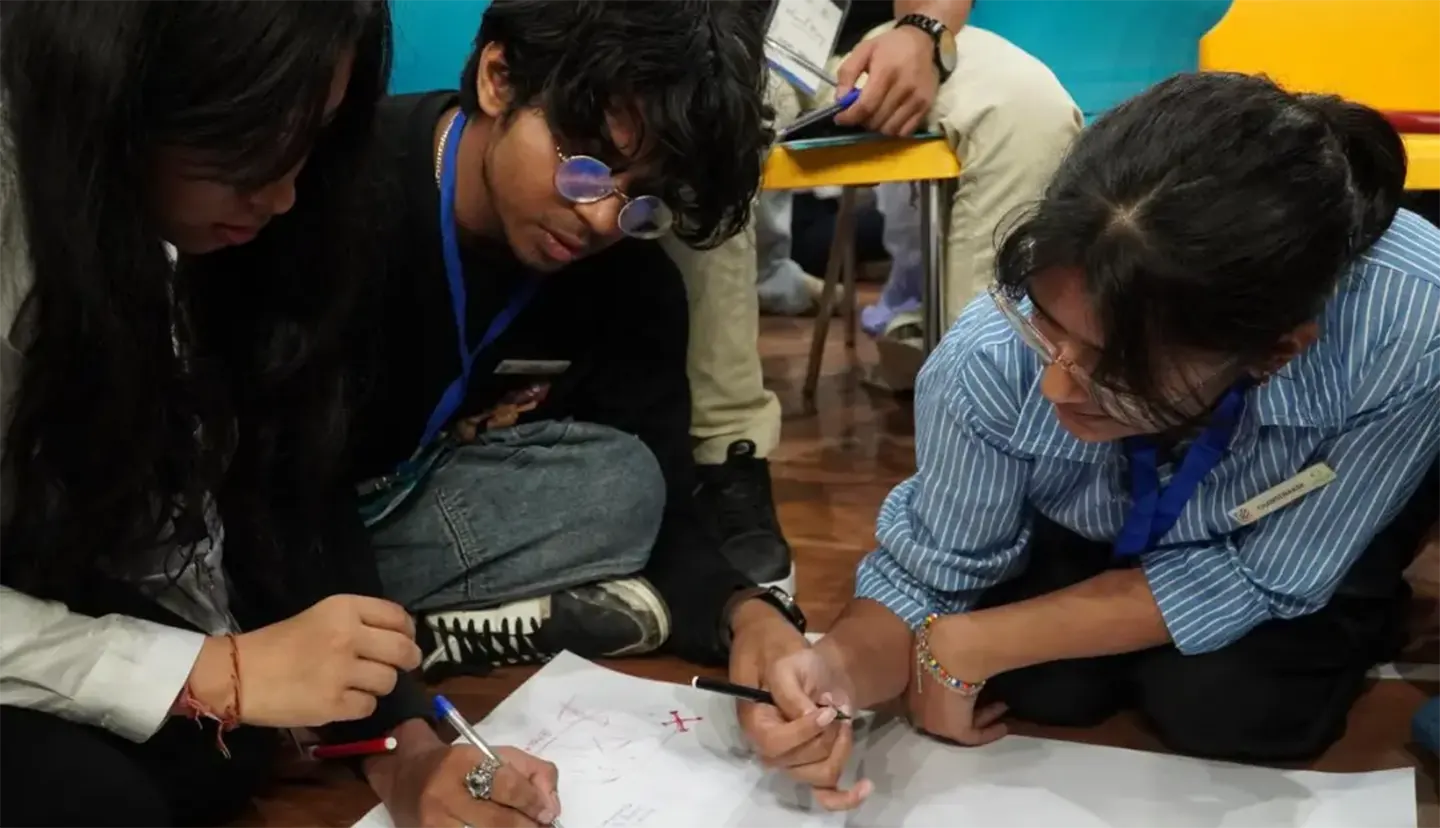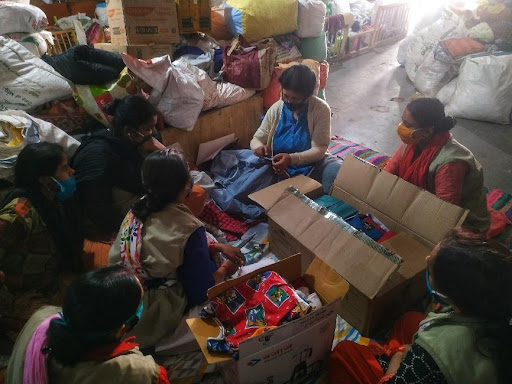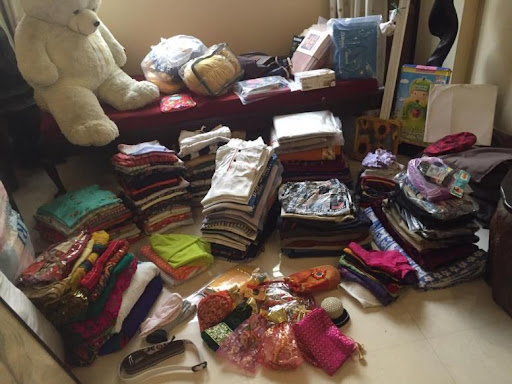Karamba, a remote village in the Hazaribagh district of Jharkhand, houses just 19 families. To reach the village, one has to cross 3 km of dense forest and a rivulet. During monsoons, the settlement gets completely cut off as the water level of the rivulet, Jhari, rises to life-threatening levels, and the absence of a pucca road adds to the locals’ woes. They have to go all the way to the nearby revenue village, Amnari, even for the basic medical needs. Moreover, when the rivulet is in spate they are unable to reach anywhere however serious the health maybe. Things are especially difficult for pregnant women, who have to be carried on palanquins for 4 km through the jungle, crossing the rivulet to reach the nearest health centre. In the past, many expecting mothers had to suffer due to their inability to get timely medical support. “I lost my child while delivering since I was unable to reach the hospital on time, because there are no roads. My mother had told me then that from now on, no one from other villages would marry their daughters in Karamba,” said Sabitri Devi.
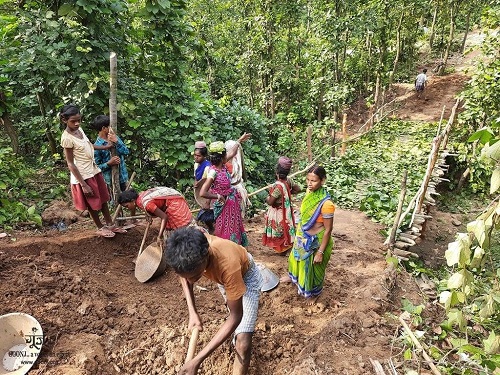
Even the migrant workers, who had returned home due to the Covid-induced lockdown, were stuck in the village post-monsoon and somehow survived by selling firewood in the neighbouring areas.
When Team Goonj, together with its partner organization, visited the village and suggested that the villagers could build a wooden bridge over the rivulet, all the families immediately agreed to work on it under Goonj’s ‘Dignity For Work’ (DFW) initiative. They said that building the bridge would not only enable them to access the basic amenities, such as health centers and markets, but also the DFW kits they would receive from Goonj as a reward would also be immensely useful. But most importantly, a villager added, “Mothers won’t lose their lives while giving birth.” Partner organization: Srijan Foundation.
